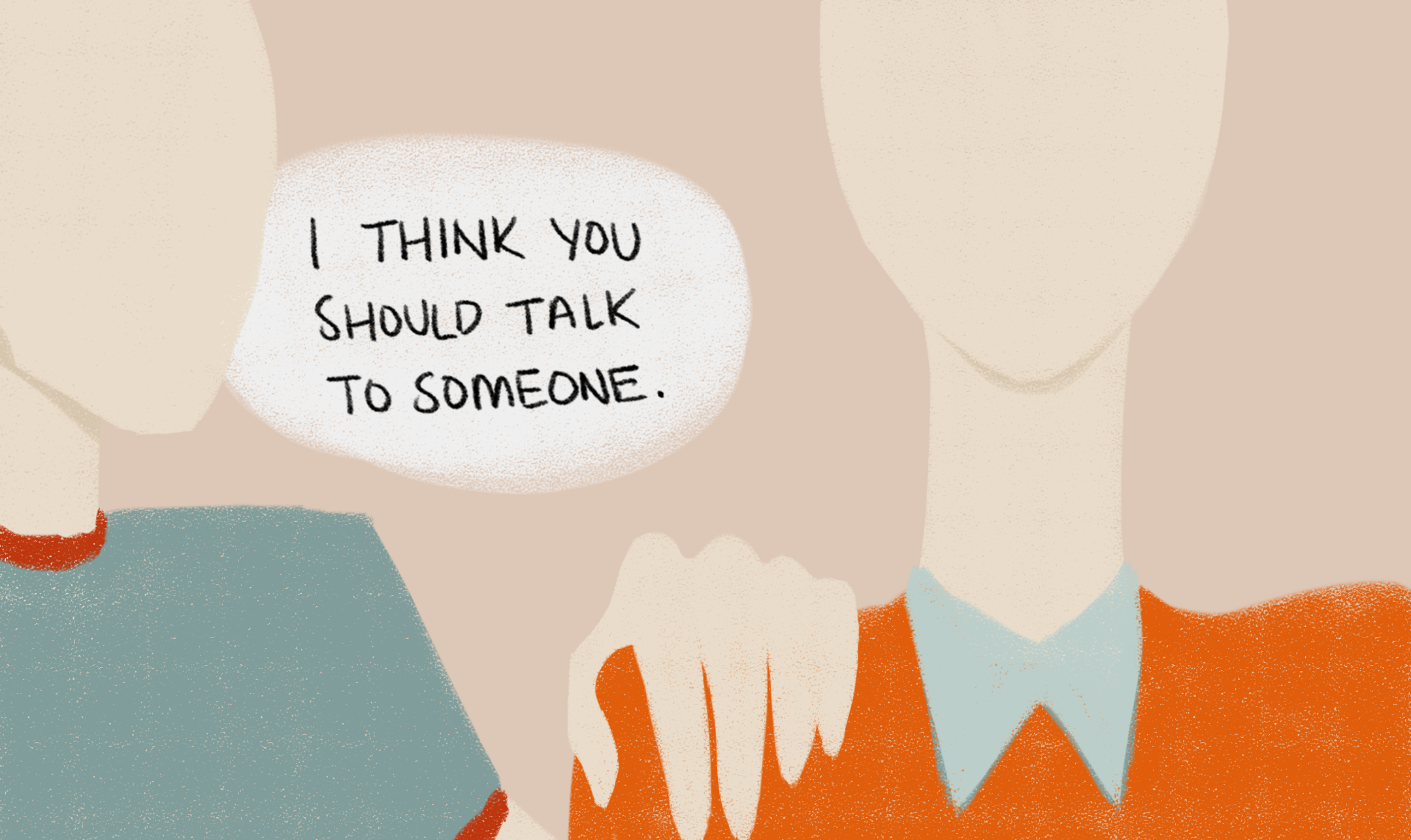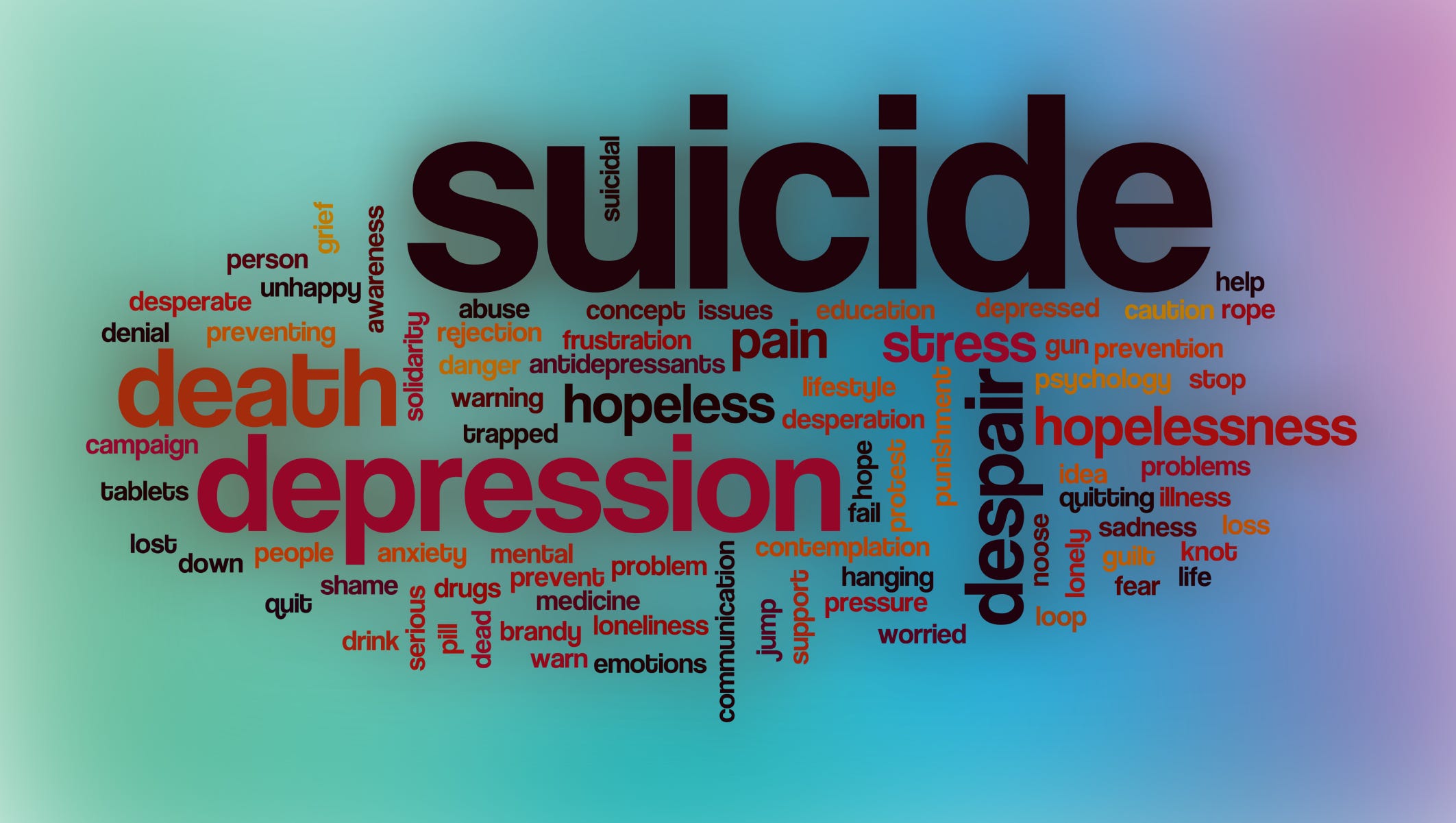Suicide Quotes: Understanding The Pain, Seeking Help, And Building Hope
Suicide quotes have become a poignant reflection of the emotional struggles many individuals face in their lives. These quotes often capture the depth of despair, loneliness, and pain that can overwhelm someone's mental health. However, they also serve as a reminder of the importance of addressing these issues openly and seeking help when needed.
It is crucial to approach the topic of suicide with sensitivity and care. By understanding the meaning behind these quotes and recognizing the warning signs, we can work together to create a supportive environment for those in need. This article aims to provide insights into suicide quotes while emphasizing the importance of mental health awareness and support systems.
As we delve deeper into this sensitive subject, it is essential to remember that help is available, and there is always hope for a brighter future. Through education, empathy, and action, we can make a difference in the lives of those affected by suicidal thoughts.
Read also:Kyle Roskot The Rising Star Shaping The Future Of Entertainment
Table of Contents
- What Are Suicide Quotes?
- The Emotional Impact of Suicide Quotes
- Famous Suicide Quotes
- Understanding Suicide
- Warning Signs of Suicide
- Seeking Help for Suicidal Thoughts
- Supporting Others in Distress
- Mental Health Awareness
- Resources for Suicide Prevention
- Conclusion: Building a Supportive Community
What Are Suicide Quotes?
Suicide quotes are phrases or sentences that express the intense emotional pain and despair that individuals may experience. These quotes often originate from literature, poetry, or personal writings and reflect the depth of emotional turmoil that someone might feel. While they can be powerful tools for expressing feelings, they also highlight the urgent need for mental health awareness and intervention.
Why Do People Relate to Suicide Quotes?
Many people resonate with suicide quotes because they articulate emotions that are difficult to put into words. These quotes can provide a sense of validation for those who feel isolated or misunderstood. However, it is important to approach them with caution and ensure that they are not glorifying or normalizing suicidal behavior.
The Emotional Impact of Suicide Quotes
Suicide quotes can evoke a wide range of emotions, from sadness and anger to empathy and understanding. They often capture the rawness of human experience and serve as a window into the minds of those struggling with mental health issues. While these quotes can be cathartic, they also underscore the importance of addressing the root causes of emotional suffering.
How Can We Use Suicide Quotes Constructively?
- Encourage open conversations about mental health
- Highlight the need for professional support
- Empower individuals to seek help
- Build empathy and understanding among communities
Famous Suicide Quotes
Throughout history, many writers and thinkers have expressed their struggles with life and death through powerful quotes. These words continue to resonate with readers today, offering both insight and reflection on the human condition.
Examples of Notable Suicide Quotes
- “The only way out is through.” – Robert Frost
- “We are all broken. That’s how the light gets in.” – Ernest Hemingway
- “To be, or not to be: that is the question.” – William Shakespeare
Understanding Suicide
Suicide is a complex issue that affects individuals, families, and communities worldwide. It is often the result of untreated mental health conditions, such as depression, anxiety, or post-traumatic stress disorder. By understanding the underlying causes and risk factors, we can work toward preventing suicide and supporting those in need.
Statistics on Suicide
According to the World Health Organization (WHO), approximately 700,000 people die by suicide each year globally. This highlights the urgent need for comprehensive mental health support systems and awareness campaigns. Early intervention and access to care can significantly reduce the risk of suicide.
Read also:Gary Desorbo The Unsung Hero Of Modern Entertainment
Warning Signs of Suicide
Recognizing the warning signs of suicide is critical in preventing tragic outcomes. These signs may include changes in behavior, mood, or communication patterns. By paying attention to these indicators, we can intervene and provide the necessary support.
Common Warning Signs
- Expressing feelings of hopelessness or worthlessness
- Withdrawing from friends and family
- Engaging in risky or self-destructive behavior
- Talking about death or suicide
Seeking Help for Suicidal Thoughts
If you or someone you know is experiencing suicidal thoughts, it is important to seek help immediately. Reaching out to a trusted friend, family member, or mental health professional can make a significant difference. Additionally, there are numerous resources available for those in crisis.
Steps to Take When in Crisis
- Contact a suicide prevention hotline
- Visit a local emergency room or mental health facility
- Engage in therapy or counseling services
Supporting Others in Distress
Supporting someone who is struggling with suicidal thoughts requires empathy, patience, and understanding. It is essential to listen without judgment and offer practical assistance when needed. By creating a safe and supportive environment, we can help individuals navigate their challenges and find hope for the future.
Tips for Supporting Others
- Listen actively and validate their feelings
- Encourage them to seek professional help
- Stay connected and check in regularly
Mental Health Awareness
Raising awareness about mental health is a crucial step in reducing the stigma surrounding suicide and other mental health issues. Through education, advocacy, and community involvement, we can promote a culture of understanding and support.
Ways to Promote Mental Health Awareness
- Participate in mental health campaigns and events
- Share personal stories and experiences
- Advocate for improved mental health services
Resources for Suicide Prevention
There are numerous resources available for individuals and families affected by suicide. These resources include hotlines, support groups, and educational materials designed to provide guidance and assistance.
Key Resources
- National Suicide Prevention Lifeline: 1-800-273-TALK (USA)
- Samaritans: 116 123 (UK)
- World Health Organization: Mental Health Resources
Conclusion: Building a Supportive Community
Suicide quotes serve as a powerful reminder of the emotional struggles many individuals face. By addressing the root causes of these struggles and promoting mental health awareness, we can create a more supportive and empathetic society. Remember, help is always available, and there is hope for a brighter future.
We encourage you to share this article with others and engage in meaningful conversations about mental health. Together, we can make a difference in the lives of those affected by suicidal thoughts. If you or someone you know is in crisis, please reach out to a trusted resource or hotline immediately.


